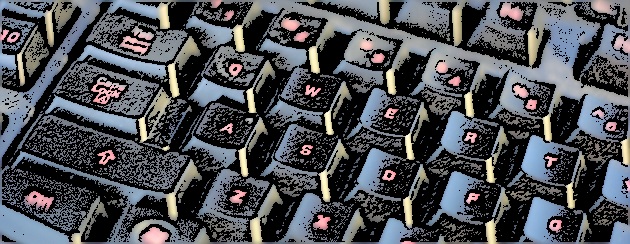One of the bigger stories this past week was OnLive heading to the UK. The service promises to make PC gaming more accessible by hosting all of the hardware—you simply supply a broadband connection and a Web browser, and you’ll be playing the likes of Mass Effect 2 in no time. If it works as described, great. There’s nothing wrong with exposing PC gaming to more people.
What concerns me, and maybe “concerns” isn’t even the right word, is that the art of PC gaming will go away. It’s an art based on choice, a choice that will go away if all we’re required to do is click the OnLive favicon on our bookmark bar. Today’s PC gamer can, if he so desires, spend $700 on a video card in order to eek out a few more frames per second in the latest first-person shooter. Or he can spend half as much and still blast zombies away to his heart’s content.
Today’s PC gamer can spend weeks at a time researching processors—Intel or AMD, Core i5 or i7 or Phenom?—for the two-second thrill of setting it on the motherboard. Then there’s overclocking—how far can you push your fancy new processor? Change the voltage here, alter the frequency there, then hope to God that Prime95 doesn’t melt a hole in the floor.
Will a hard disk drive suffice, or will I be better off moving up to a solid state drive?
All of this sense of adventure disappears when using something like OnLive, and that’s something that matters to plenty of PC gamers. Maybe even more important that any abstract sense of “fun,” there’s something to be said about being totally in control of the hardware being used to grind from level 1 to level 80.
So by all means, make PC gaming more accessible, just please recognize that there’s plenty of people who like it because it can be such a commitment.
